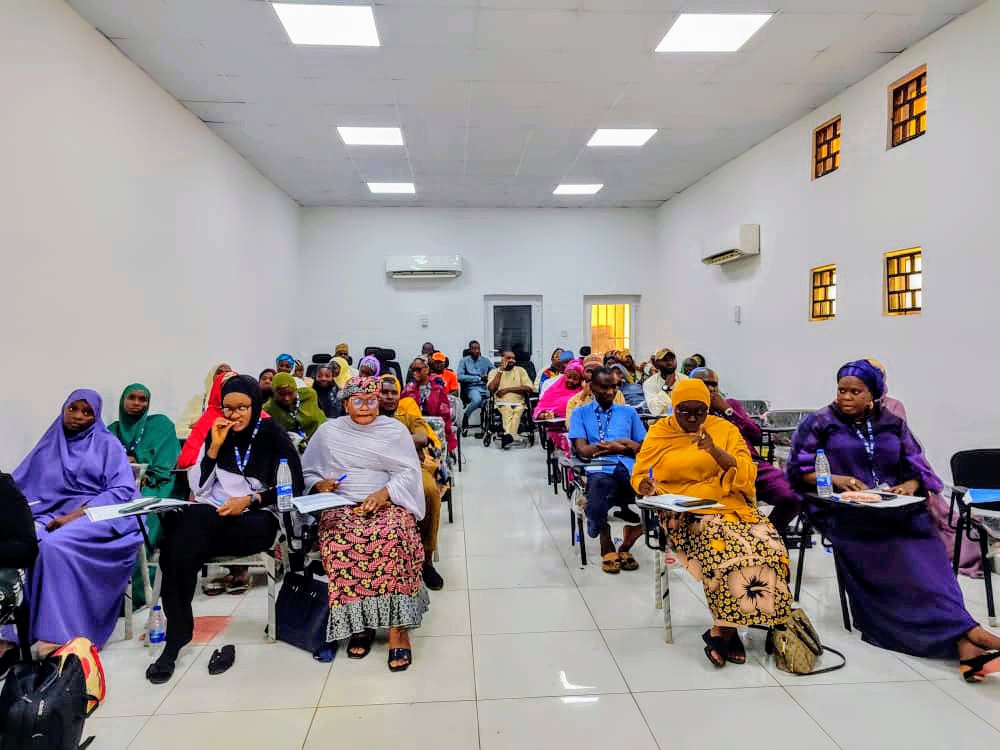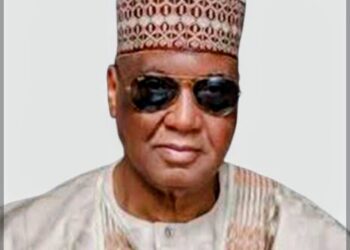Niger State Empowers Future Business Leaders Through Comprehensive Training Program.
The Niger State Government has successfully conducted a three-day training program for 50 participants, primarily selected from the Association of Niger State First Class Students, to serve as Business Development Service Providers (BDSPs).
This initiative aims to foster the growth of small business start-ups and enhance the sustainability of existing enterprises.
Organized by the Office of the Special Adviser to Farmer Umaru Mohammed Bago on the Social Investment Programme, the training was facilitated by the Enterprise Development Centre, Pan-Atlantic University.
Hajiya Hauwa Bako, the Special Adviser to the Niger State Governor on the Social Investment Programme, emphasized that the goal of the training is to equip participants with the necessary skills to act as consultants and support local businesses.
“The participants are expected to become self-reliant and give back to their communities, thereby contributing to human capital development and innovation in the state,” Bako stated.
She highlighted that this training is part of a fully-funded initiative by the Niger State Government, aimed at ensuring each local government has a business development expert.
Moreover, Bako mentioned that the state is in collaboration with the Enterprise Development Centre and the MasterCard Foundation to train around 10,000 youths, with a particular focus on empowering young women.
“The BDSPs will play a crucial role in mentoring and facilitating further training for other youths, contributing significantly to the economic growth of the state,” she added.
Participants will gain expertise in various areas, including business planning, operations, and financial management.
Bako encouraged them to view this opportunity as a stepping stone towards becoming consultants, both locally and globally.
Upon completion of the training, the BDSPs will receive certificates and ongoing virtual training, enabling them to provide valuable support to small businesses and enhance the state’s economic landscape.
Facilitator Adegboyega Adebajo highlighted that the training developed participants’ analytical skills as well as their competencies in business planning, operations, and human resource management.
“This program equips participants to identify and solve problems, delivering effective solutions for small businesses,” he explained.
Participants, including Sahadatu Mua’zu, Mohammed Mohammed (Vice Chairman of People with Disabilities), and Yakubu Abdullahi, expressed their appreciation for the program, describing it as interactive, impactful, and educational.
They noted the unique opportunity to receive such training locally at no cost, which typically would require payment outside the state.
The attendees affirmed that the training has significantly enriched their business knowledge, and they are committed to applying the skills acquired to uplift small businesses within their communities.
















